
Stories around the SILENT NIGHT
Mauracher & Mohr
from Hakon Hirzenberger
INFO ROAD CLOSURE
Total closure of the Öxltalweg
Strass/Schlitterberg from September 2nd to October 31st, 2024!
For vehicles/cyclists/pedestrians.
- Hiking trail no. 5
- Cycle path 413
20th - 22nd of December 2024
Mauracher und Mohr
stories and songs about the Silent Night
DATES
FRIDAY, 20TH OF DECEMBER 2024 - 8:00 p.m.
SATURDAY, 21ST OF DECEMBER 2024 - 8:00 p.m.
SUNDAY, 22ND OF DECEMBER 2024 - 5:00 pm
Reservation necessary!
Prices and ticket reservation
Advance booking: € 25,00
Evening box office: € 30,00
Children until 14 years free!
Tel.: 05288 62262 or Mail to: ticket@best-of-zillertal.at
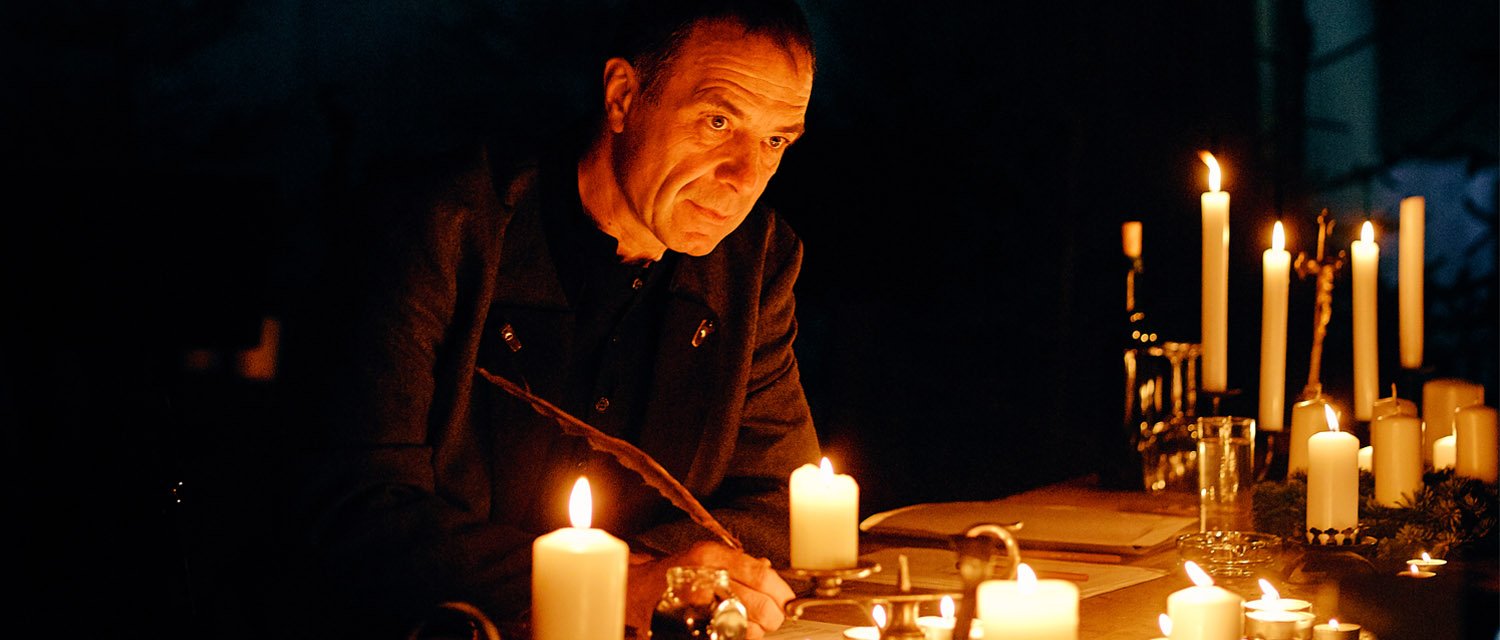
20th - 22nd of December 2024
Theater in the Festhalle Fügen
A piece of Fügen local history, a piece of Zillertal history, but above all a piece of Christmas, musically framed by various choirs and music groups.
writen by Hakon Hirzenberger
A production by STEUDLTENN
DECEMBER 2024
The Play
Josef Mohr, assistant pastor at Oberndorf wrote the poem Silent Night in 1816. In 1818, the song was to be performed for the first time with organ accompaniment at the Christmas mass in Oberndorf. That this did not happen and the people of Oberndorf had to be satisfied with a guitar accompaniment was due to the fact that the organ in Oberndorf was broken and the organ builder Karl Mauracher from Fügen, who was known far beyond the borders of the country at the time, was unable to repair the organ in time for the Christmas mass. When he then came to Oberndorf at a later date to repair the organ, he returned to Fügen with the sheet music of Silent Night. Since then, the song has been inseparably linked with Fügen and the Zillertal. Around the efforts of the extraordinary assistant pastor Josef Mohr to bring the talented and successful organ builder Karl Mauracher from Fügen to Oberndorf, there is a fictional correspondence that gives insight into the lives of two great personalities and lets us immerse ourselves in a time long gone.
play Video
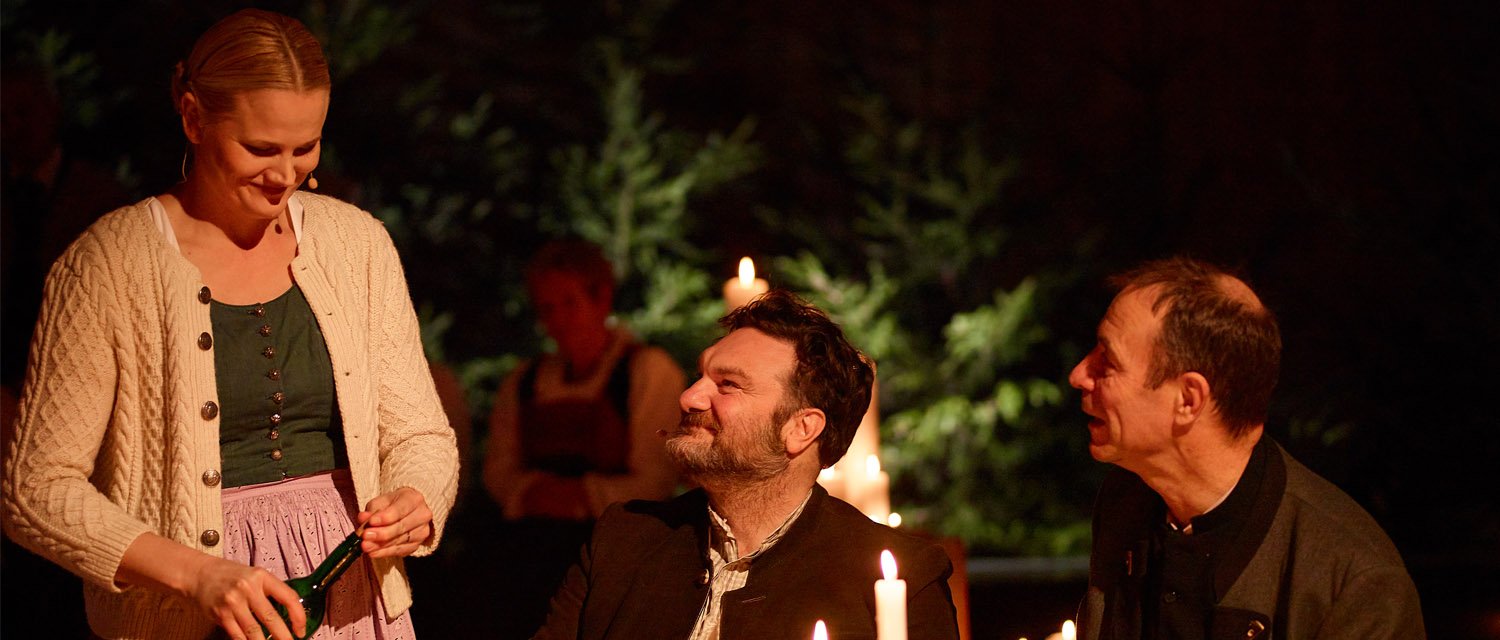
Story
It is known that the song was composed in Oberndorf in Salzburg by the assistant pastor Joseph Mohr, set to music by the village teacher and organist Franz Xaver Gruber, and sung with guitar accompaniment on Christmas Eve 1818 due to a broken organ. It is hardly mentioned, however, that this makeshift story of origin was followed by a spectacular story of dissemination. This story is an entirely Tyrolean one.
When the Zillertal organ builder Karl Mauracher traveled to Oberndorf, he not only repaired the broken organ there, but also brought the melody and text of the Silent Night with him to Fügen and gave it to the Rainersängern; a gifted family of singers from Fügen. They included the song in their repertoire. The Rainersänger turned the original six stanzas into three (due to Protestant Germany, the Marian stanzas were omitted) and the song was soon known as' Tyrolean folk song. Legend has it that as early as 1822 they performed it behind closed curtains to Emperor Franz I and Tsar Alexander I in the castle at Fügen.
They were invited to the Czar's court in Russia, and further invitations - for example to the British royal family - followed. Thus, the Zillertal Rainersänger toured the world with Silent Night. In 1839, a hundred years before the most famous Austrian singing family to this day, the Trapp family, went on tour in America, Ludwig Rainer traveled to America with his singers and Silent Night. After initial difficulties, the song was a real hit in the USA. And the characteristic four-part chant from Tyrol continues to influence American country and barbershop music to this day.
Historically, Silent Night is not a "Tyrolean folk song" in the classical sense, but it tells the story of Tyrol as a place of creative fusion, unflinching courage and a wanderlust that knows no bounds, like hardly any other Tyrolean song.
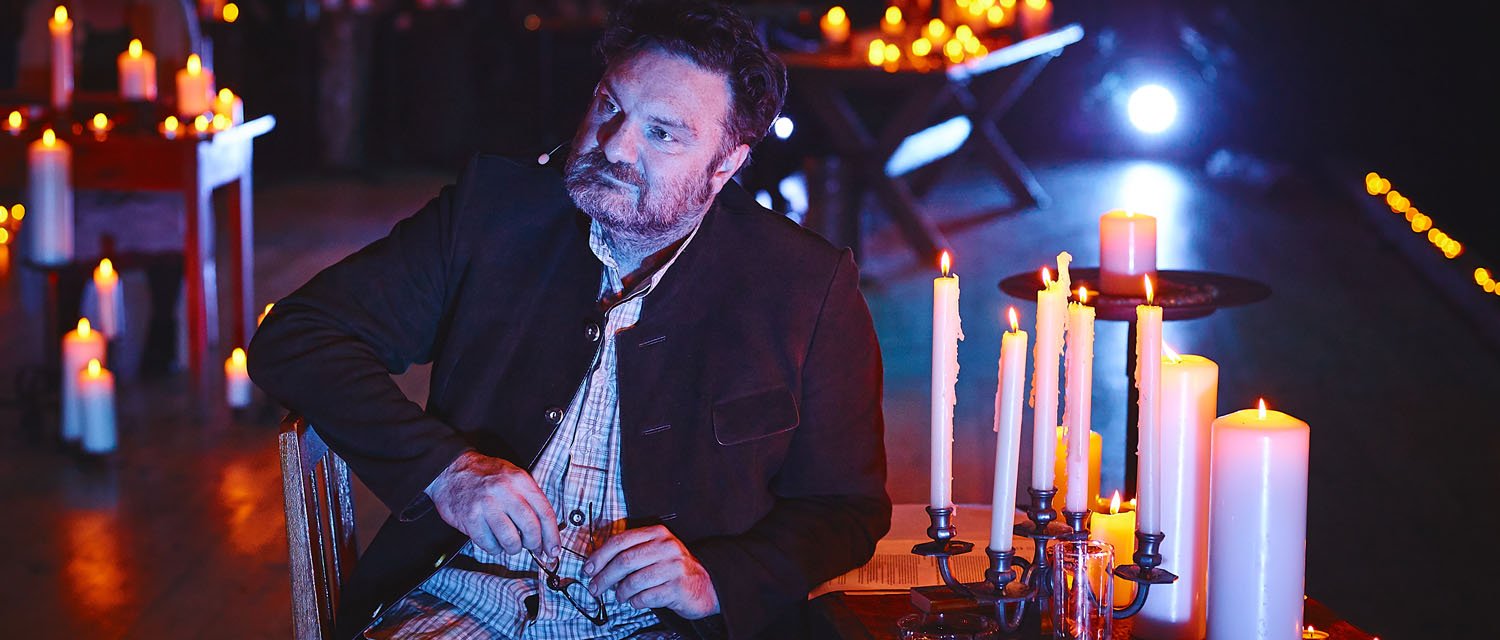
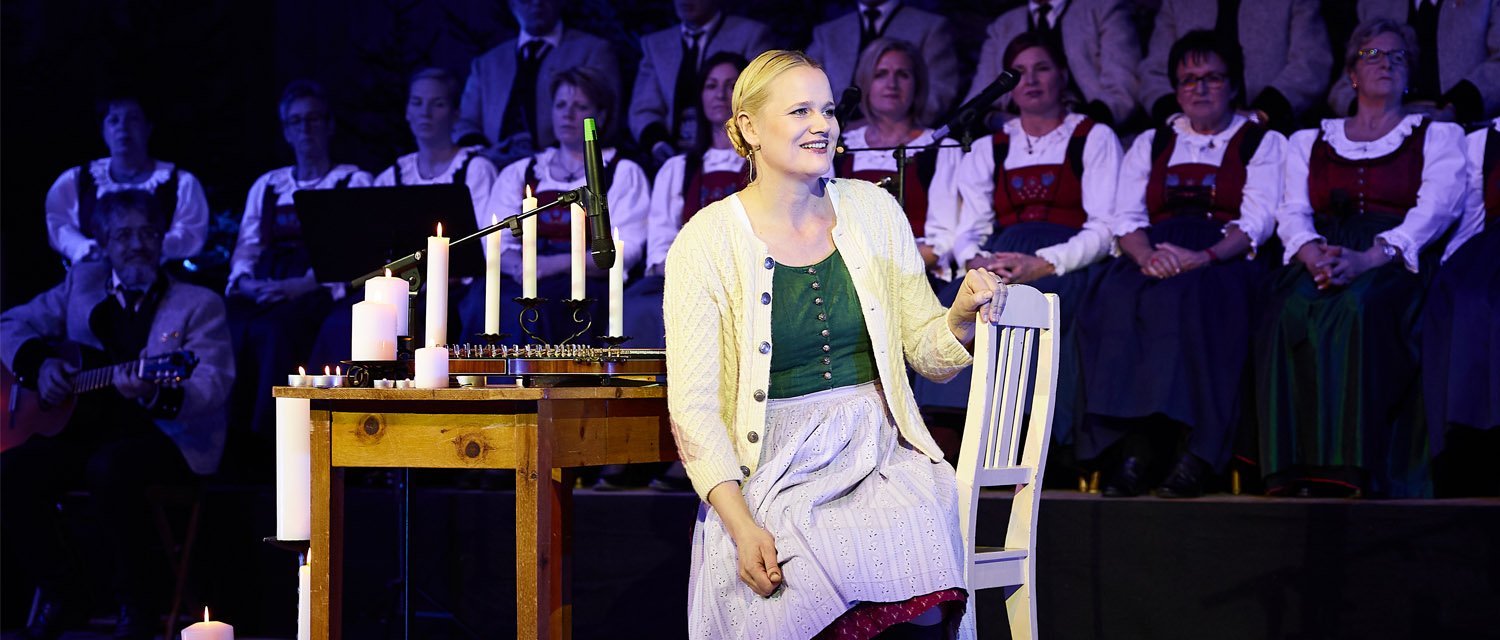
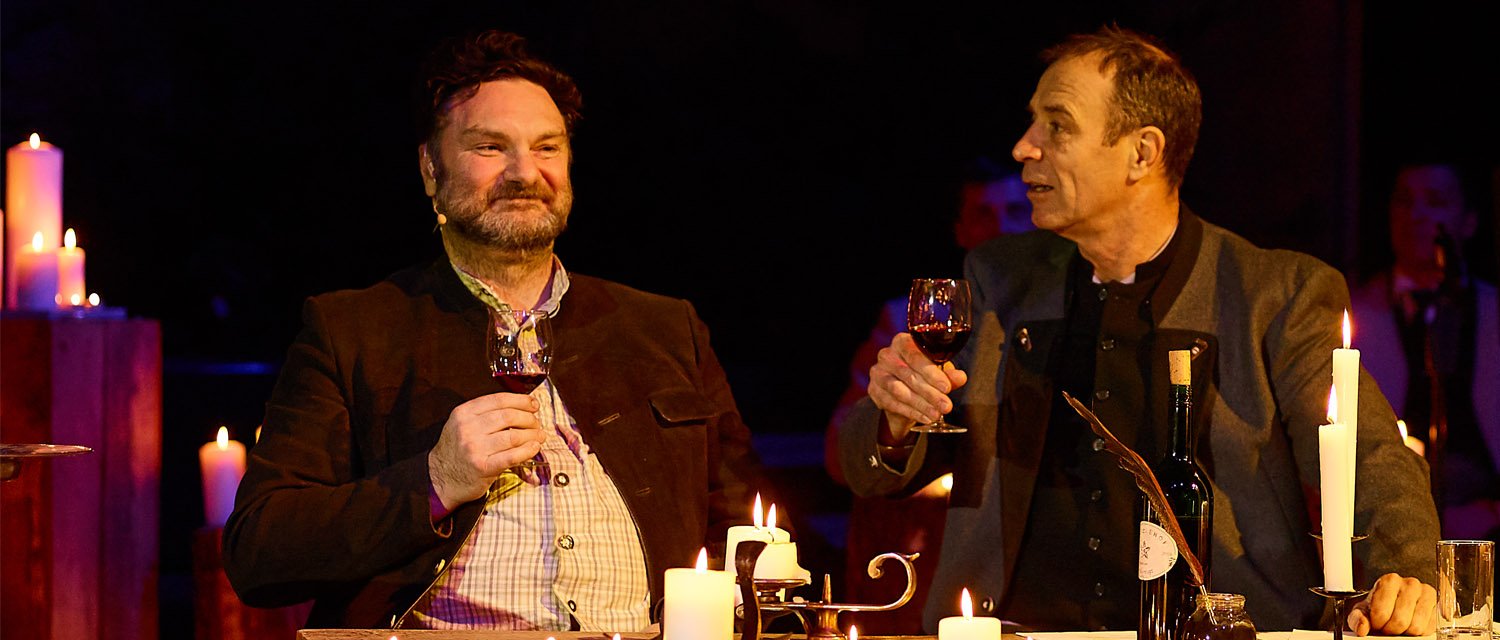
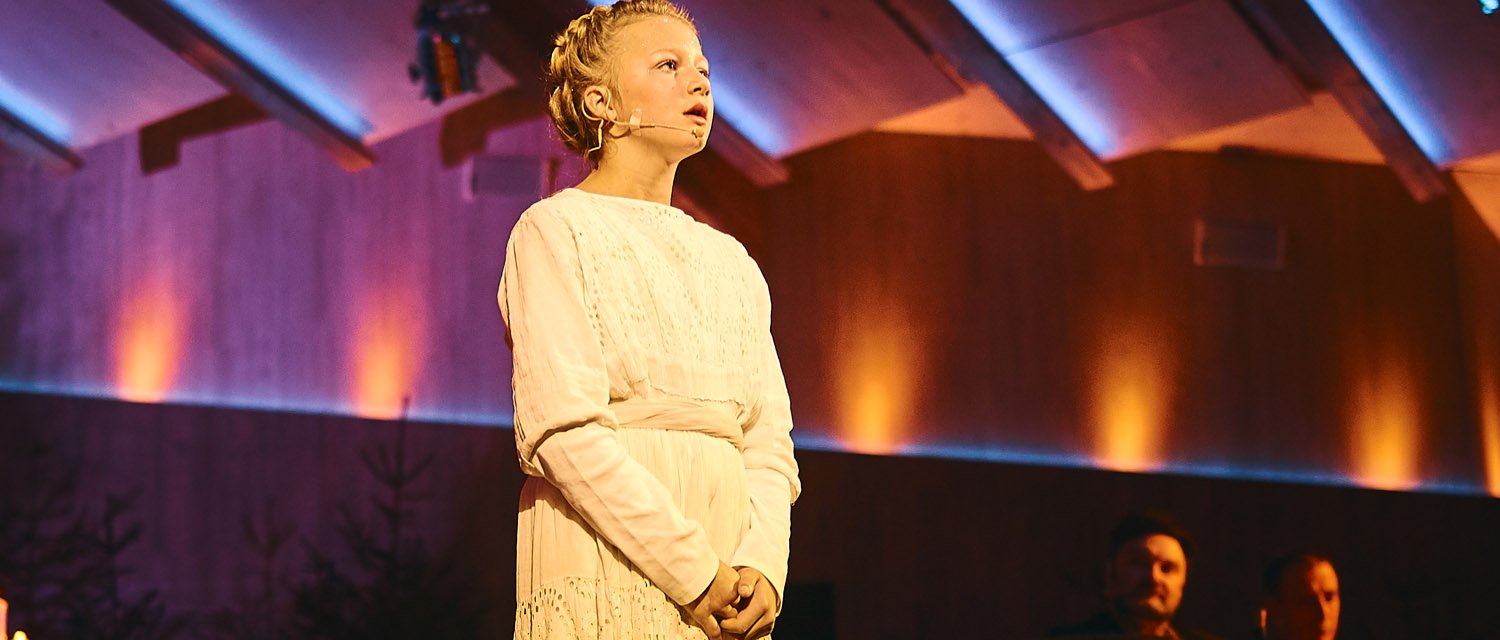
Photos ©Christian Wind

